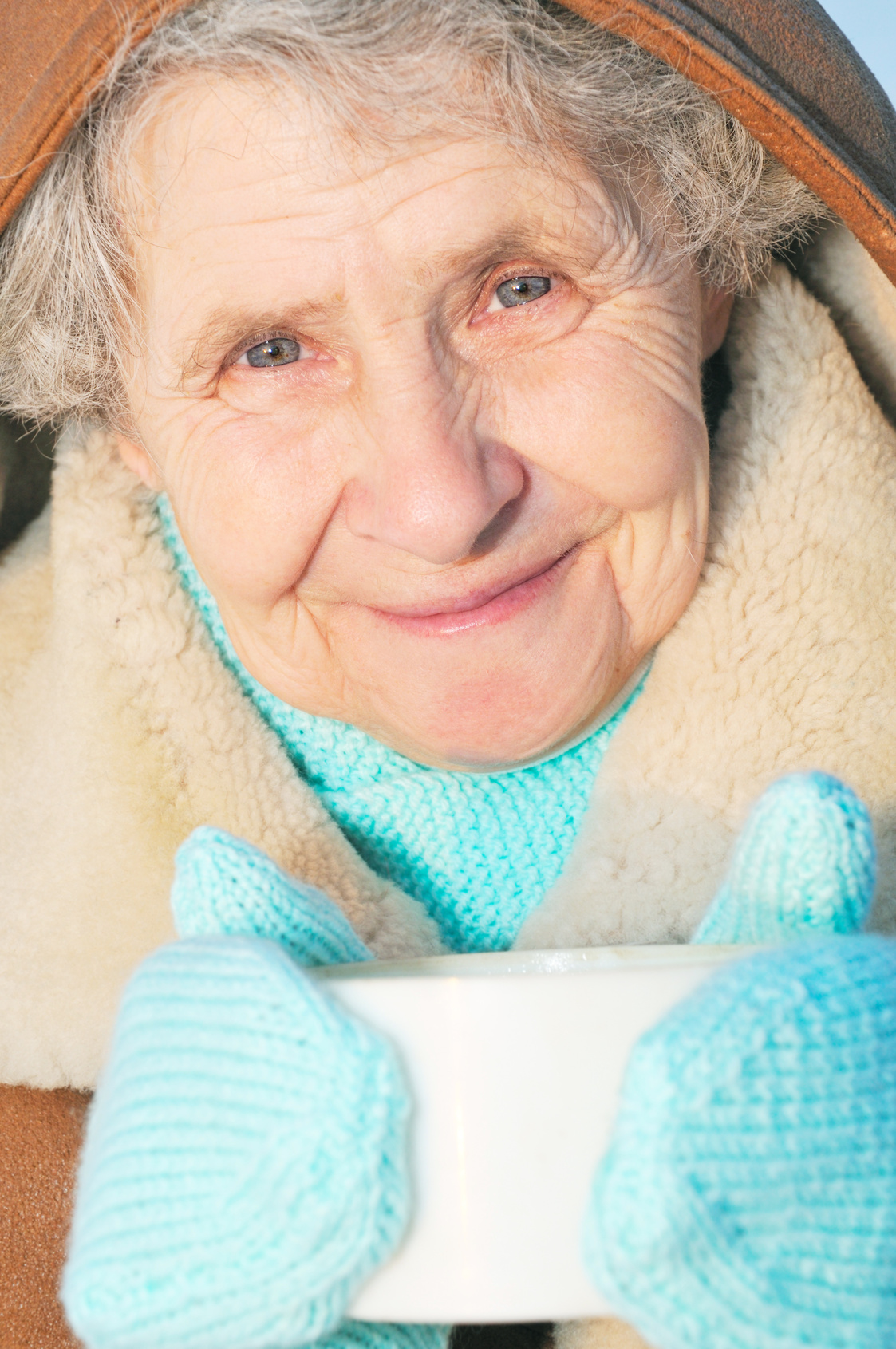AARP Eye Center
AARP Montana is advising Family Members, Caregivers and Friends to Keep a Close Eye on Older Adults during Frigid Temperatures

Almost everyone knows about winter dangers -- such as broken bones from falls on icy steps, sidewalks or streets. But cold weather also can cause a potentially deadly, and less obvious danger that can affect older people -- hypothermia. Older adults are especially vulnerable to hypothermia.
Hypothermia occurs when a person's body temperature drops below normal for a period of time. With advancing age, the body's ability to handle exposure to cold weather is lowered.
Older people are at risk for hypothermia because their body's response to cold weather can be diminished by certain illnesses (such as diabetes) and some medicines (including over-the-counter cold remedies). In addition, older adults are often less active and therefore generate less body heat. As a result, they can develop hypothermia even after exposure to moderately cold weather or even just a small drop in temperature.
“For the elderly, disabled, and those with special needs, the cold weather means it's harder to get to the pharmacy, shovel snow, or run to the grocery store. Now is the time to be a good neighbor by checking in on your elderly neighbors to make sure they’re coping well,” said Joy Bruck, AARP Montana State President. “I would recommend that you check in with them to see if they need anything picked up from the store or if they need other help, such as getting to a doctor’s appointment. It is also critical to make sure their heat is turned up enough.”
The symptoms of hypothermia include confusion or sleepiness, slowed or slurred speech, shivering or stiffness in the arms and legs, weak pulse, poor control over body movements or slow reactions. If you suspect that someone is suffering from the cold and you have a thermometer available, take his or her temperature. If it’s 96 degrees or lower, call 911 for emergency help. Otherwise, if they are exhibiting some or all of these symptoms, get professional medical help immediately.
The National Institute on Aging (NIA) (part of the National Institutes of Health) offers the following advice to help older people avoid hypothermia:
- Wear several layers of loose clothing when it is cold. The layers will trap warm air between them. Tight clothing can keep blood from flowing freely and lead to loss of body heat.
- Wear a hat, scarf, gloves or mittens, and warm clothes when you go outside in cold weather. A significant amount of your body heat can be lost through your head. Hands and feet are the first body parts to get cold.
- To keep warm at home, wear long underwear under your clothes, along with socks and slippers. Use a blanket or afghan to keep legs and shoulders warm and wear a hat or cap indoors.
- Make sure your home is warm enough. Set your thermostat to at least 68 to 70 degrees. Even mildly cool homes with temperatures from 60 to 65 degrees can trigger hypothermia in older people.
- Check with your doctor to see if any medications (prescription or over the counter) you are taking may increase your risk for hypothermia.
Because heating costs are high, the State of Montana, through the Department of Public Health and Human Services, offers programs such as the Low Income Energy Assistance Program aimed at helping low-income individuals reduce their heating costs. For more information, contact the Montana Citizen's Advocate, toll-free, at 1-800-332-2272 or log onto www.dphhs.mt.gov/programsservices/energyassistance .
The NIA has free information about hypothermia. To order the fact sheet, Hypothermia: A Cold Weather Hazard, or the brochure, Stay Safe in Cold Weather, call toll free 1-800-222-2225. These and other free publications on healthy aging can be downloaded from the NIA Web site at www.nia.nih.gov.
###























































